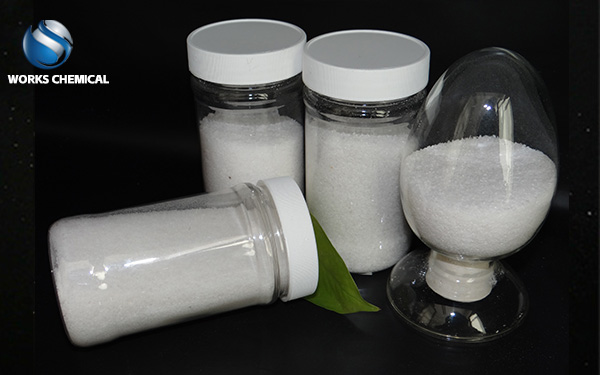
Sludge dehydrant does help to improve the solid-liquid separation effect of sludge, the following is a detailed explanation of its role:

Definition and classification of sludge dehydrating agent
Sludge dewatering agent is a chemical used to improve the efficiency of sludge dewatering, it mainly by changing the physical and chemical properties of sludge, so as to improve the dewatering performance of sludge. Sludge dehydrants can be divided into organic and inorganic two categories, of which polymer is the most common one of organic sludge dehydrants.
2. Mechanism of sludge dehydrating agent
Aggregate sludge particles: the sludge dehydrating agent can interact with the small particles in the sludge to aggregate them into larger particles, so as to facilitate the subsequent solid-liquid separation.
Improve the rheological properties of sludge: sludge dehydrant can change the flow properties of sludge, making it easier to dehydrate and reduce water content.
Enhance the compressibility of the sludge: by adding the sludge dehydrating agent, the compressibility of the sludge can be improved, so that the water can be removed more effectively during the dehydration process.
Reduce the adhesion and blockage of filter cake: sludge dehydrating agent can improve the filtration performance of sludge, reduce the adhesion and blockage of filter cake in the filtration process, and improve the efficiency of solid-liquid separation.
Application effect of sludge dehydrating agent
Improve dewatering efficiency: the addition of sludge dewatering agent can significantly improve the dewatering efficiency of sludge and reduce the dewatering time.
Reduce moisture content: Through the treatment of sludge dehydrating agent, the moisture content of sludge can be significantly reduced, thus reducing the subsequent treatment and disposal costs of sludge.
Improve sludge quality: sludge dehydrating agent can also improve the quality of sludge, making it easier to carry out subsequent incineration, brick making, composting and other treatments.
Four, the selection of sludge dehydrating agent and precautions
Selection of agents: different types of sludge require different formulations of sludge dehydrating agents. Therefore, when selecting sludge dehydrant, it should be comprehensively considered according to the properties of sludge, treatment needs and subsequent disposal methods.
Dose and treatment time of the agent: the dose and treatment time of the sludge dehydrant need to be constantly adjusted and tested to achieve the best results. Too many agents may lead to increased treatment costs, while too few agents may not achieve the desired dewatering effect.
Environmental and safety issues: Some traditional sludge dehydrants may have environmental and safety problems. Therefore, when selecting and using sludge dehydrants, priority should be given to environmentally friendly, safe and efficient products.
In summary, sludge dehydrating agent plays a significant role in the sludge treatment process, which can improve the solid-liquid separation effect of sludge, reduce the treatment cost, and improve the quality of sludge. However, when using sludge dehydrating agents, it is also necessary to pay attention to the selection of agents, dosage and treatment time, as well as environmental and safety issues.